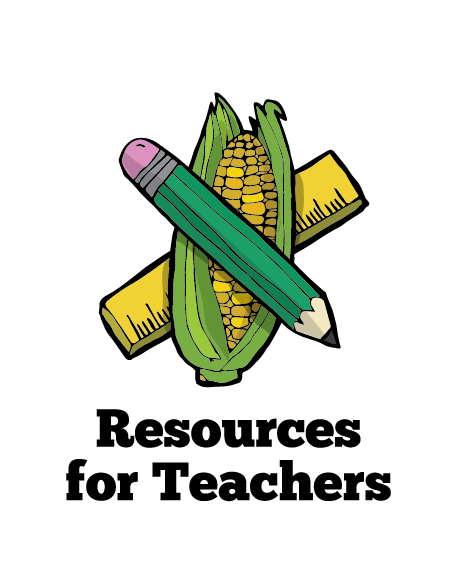
Short Answer Questions
- In order to detect if your food contains GMOs, positive and negative controls must be used. Explain what is meant by a positive control experiment and a negative control experiment and why they should be used.
- Why do GM detection results only apply to your particular sample?
- What are the differences between ex-situ (seed-banks) and in-situ (gene-banks) strategies for seed conservation?
- What are the challenges seed banks face today in Spain?
- Why do maize cobs need to be covered when regenerating maize seeds?
- What does open pollinated variety mean?
- What is a hybrid plant and how is it created?
- What are the main genetic modifications made in maize crops?
- What food is exempt from European GM labelling?
- Why do maize grains have to be dried after harvested?
- Where does the grinding and refining of commercialised organic maize take place? Why is that?
- How does the grain stock market relates to maize?
- Why is the influence of the international stock market on maize prices much lower for the agro-ecological web than the other webs?
- What are farmers’ cooperatives and why do (some) farmers engage in them?
- In what kind of everyday products can we find maize as an ingredient?
- What type of actions can influence the maize web? Who engages in these actions?
- What are the differences between extensive and intensive livestock farming?
- What actors are specifically vulnerable to GM contamination and why?
Longer Questions (suitable for Group Discussions)
- What visual differences do you notice between the systems? What do they imply?
- [Preferably in groups] 1) Draw a maize plant and name its parts. 2) Discuss and draw the different steps in the process of seed regeneration for maize plants.
- What are the implications of the lack of public and private investment in R+D for the agro-ecological and organic maize seed sectors? Who and/or what drives R&D investments?
- How can GM contamination take place and how might it be avoided?
- [Discuss in groups] Explain the process for which maize hybrids plants are produced? What are the advantages and disadvantages of hybrid plants?
- What is the difference between heirloom, open pollinated, hybrid and GM seed varieties? What varieties would you choose to plant and why?
- What is the difference between how GM farmers and agro-ecological farmers obtain their seeds? What difference does this make?
- What are the main traits of the Green Revolution that expanded chemically intensive agriculture? Can the Green Revolution be considered a success?
- Is it important to have GM labelling? Why/why not? How does GM labeling work in the European Union?
- What is agro-ecology?
- What does it mean having an “in-context trajectory” for the assessment of certain technology, such as GM crops?
Essay questions
- Compare and contrast the different agri-food webs in terms of their social, economic and environmental sustainability.
- Explain the meaning, history and intention of the concept of ‘co-existance’ and the role it plays in the maize agri-food webs.
- What does the conventionalisation of organic farming mean and how does organic farming compare with chemically-intensive and agro-ecological webs in light of this concept? .
- What is meant by the globalisation of agri-food systems and what impacts has it had?
- How have agricultural practices changed over time and what is the significance of this for the goal of achieving sustainable food systems?
- Who are the most powerful and influential actors shaping agri-food systems today, and why?
- Why has the use of neonicotinoids become especially controversial in recent years? How has the controversy unfolded?
- Compare and contrast the similarities and differences between the agro-ecological, the certified organic, the chemically intensive and the GM farm.
- Do GM technologies have a place in agroecological and certified organic food systems?
- What can contribute an care ethics approach to biotech governance?